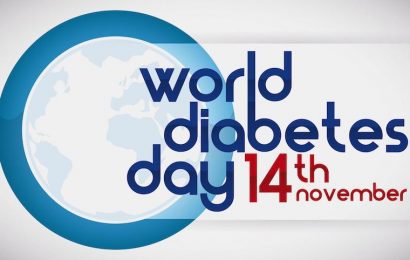Depression and diabetes have long been known to go hand in hand, but whether one causes the other is not known. As a recent Diabetes Self-Management blog entry by Diane Fennell explores, a study recently published in the Archives of Internal Medicine suggests that the association works both ways: depression can cause diabetes, and diabetes can cause depression.
The question of causality often arises when associations are found between diabetes and another trait or health condition, such as obesity, high blood pressure, or — in the case of Type 1 diabetes — other autoimmune disorders. A new study explores the relationship between diabetes and yet another problem: poor sleeping.
Published in the journal Sleep, the study looked at 812 adults without metabolic syndrome (a clustering of related conditions including insulin resistance, obesity, high blood pressure, and abnormal blood lipid levels). The researchers took various sleep-related measurements, and participants also filled out a sleep questionnaire. Each year for three years, follow-up measurements and another survey were taken. According to a Bloomberg article on the study, participants who first reported loud snoring were twice as likely to develop metabolic syndrome after three years. Those who reported having trouble falling asleep were 80% more likely to develop metabolic syndrome, and those who reported that their sleep wasn’t refreshing were 70% more likely to develop it. A subgroup of participants was also evaluated for sleep apnea. Rather than finding a positive connection between metabolic syndrome and sleep apnea, the researchers found that participants without sleep apnea were actually three times more likely to have developed metabolic syndrome.
Of course, it is not clear based just on this study whether poor sleep causes metabolic syndrome, or whether an underlying factor causes both. It is possible, though — according to a researcher interviewed in the Bloomberg article — that snoring could cause vibrations that damage the inner lining of blood vessels, potentially increasing inflammation and the risk of metabolic syndrome.
Do you sleep poorly? Do you feel that you give sleep the priority that it deserves? If you have raised the issue of poor sleep — or even if you haven’t — has your health-care team addressed the issue in a way that meets your expectations? Do you have any tips for overcoming sleep-related difficulties? (Read David Spero’s recent blog entry on getting better sleep here.) Leave a comment below!




